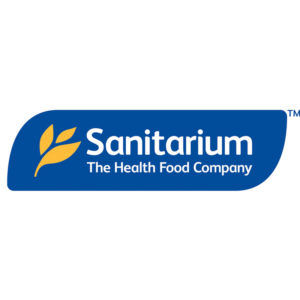It’s true, the way you eat in your twenties just won’t cut it when you hit forty. While you may always stick to a relatively healthy diet, changes in hormones, metabolism and the different stresses of day-to-day life mean your nutritional needs are constantly changing. So, what should you eat for your age? With over 30 years’ experience, Sanitarium’s senior dietitian Angela Saunders has collated her insights into the key nutrients you need for each decade.
Nutrients for your twenties and thirties
Bone density continues to increase into your late twenties, so it’s important to get enough calcium. Dairy foods, firm tofu, soy beans and almonds are good sources of calcium. Protein, vitamin D and vitamin K are also important nutrients for bone health. Stick to mum’s advice and eat plenty of veggies. Plant foods are nutrient rich and importantly provide calcium, iron and fibre. Also keep up those regular health checks for skin, dental and cervical screening.
Nutrients for your forties
In your forties your metabolism will slow down so it’s easier for body weight to creep up. Protein is a great tool for maintaining weight. Eat plenty of wholegrains, legumes and other plant foods to get all the fibre you need.
Nutrients for your fifties
At this age keeping an eye on your calcium intake is a must. Adding soy and flaxseeds to your diet can help
alleviate some menopause symptoms. Vitamin D is a
key player in bone health and helps support the immune system. Another vitamin to watch is vitamin B12.
Nutrients for your sixties and beyond
Resistance training and protein are important to help maintain muscle mass as we age. Make each mouthful count by enjoying a variety of foods that are nutrient-dense–lots of fruit, veggies, grains, nuts, seeds and legumes, and include sources of omega-3 in your diet.






